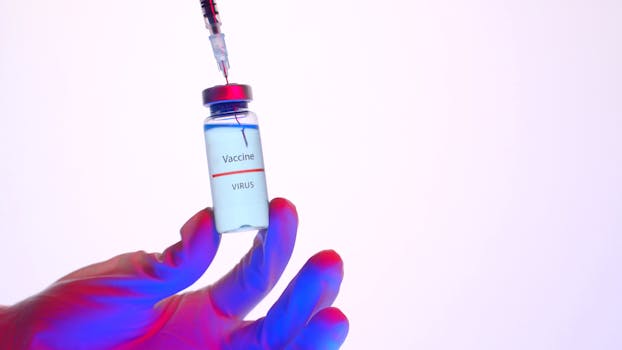
Unlocking the Power of Vitamin D: Groundbreaking Health Research for Veterans
Vitamin D: The Unsung Hero for Veteran Health
Vitamin D: The Unsung Hero for Veteran Health
You know that feeling when you step outside on a bright sunny day, and the warmth of the sun’s rays envelops you? That’s not just a mood booster; it’s your body’s way of soaking up a vital nutrient – Vitamin D. For our brave veterans, this sunshine vitamin holds a special significance. Recent research has pointed towards the profound impact Vitamin D can have on their health, and it’s time we shine a light on this crucial topic.
Understanding Vitamin D: The Sunshine Vitamin
Often dubbed as the “sunshine vitamin,” Vitamin D is produced by our skin in response to sunlight. It plays a crucial role in maintaining bone health, boosting immune function, and reducing inflammation. However, Vitamin D deficiency often goes unnoticed, leading to a host of health problems.
Vitamin D Deficiency in Veterans
Veterans, in particular, can be susceptible to Vitamin D deficiency due to a variety of reasons. Extended periods of indoor confinement, certain injuries, and even the mental health challenges that come with readjusting to civilian life can lead to insufficient sun exposure. Moreover, during grueling winters, sunlight becomes scarce, further exacerbating the problem.
The Health Implications of Vitamin D Deficiency
Research has shown that Vitamin D deficiency can lead to weakened bones, increased risk of heart disease, and contribute to mental health issues like depression and anxiety. For veterans, who often grapple with such health concerns, maintaining optimal Vitamin D levels becomes even more critical.
A study conducted by the VA San Diego Healthcare System found that veterans with low Vitamin D levels were at a higher risk of developing cognitive issues. Another research by the Endocrine Society revealed that veterans with post-traumatic stress disorder (PTSD) had lower levels of Vitamin D. These findings suggest a strong link between Vitamin D and mental health, a crucial aspect of veteran health that often gets overlooked.
Vitamin D: A Natural Immune Booster
Vitamin D's role in boosting the immune system is another reason why it's essential for veterans. Our immune system is like a well-oiled machine, always ready to fight off invaders. But sometimes, it needs a little help. That's where Vitamin D comes in. It enhances the pathogen-fighting effects of monocytes and macrophages - white blood cells that are part of the immune system's first line of defense.
Vitamin D and Bone Health
For veterans dealing with injuries, Vitamin D can be a game-changer. It aids in calcium absorption, promoting bone growth and repair. It's like a handyman, fixing up the cracks and keeping your bones strong and sturdy.
Ensuring Adequate Vitamin D Intake
So, how can veterans ensure they're getting enough of this sunshine vitamin? The easiest way is to spend some time outdoors in the sun. But remember, moderation is key. Too much sun can lead to sunburn and other skin issues.
For those who can't get enough sun, Vitamin D supplements can be a great alternative. They're like a ray of sunshine in a bottle, ready to brighten up your health.
Dietary sources like fatty fish, cheese, and egg yolks can also help boost Vitamin D levels. It's like adding a secret ingredient to your meals that not only enhances the flavor but also amps up the health quotient.
Conclusion
In conclusion, Vitamin D is a crucial nutrient that plays a significant role in veteran health. It's like a silent guardian, working behind the scenes to keep you healthy. So let's step out, soak up some sun, and give our bodies the Vitamin D boost they need. Because, as our veterans know better than anyone, health isn't just about surviving; it's about thriving.
Remember, it's always advisable to consult with a healthcare provider before starting any new supplement regimen. Let's work towards a healthier future, one ray of sunshine at a time.
